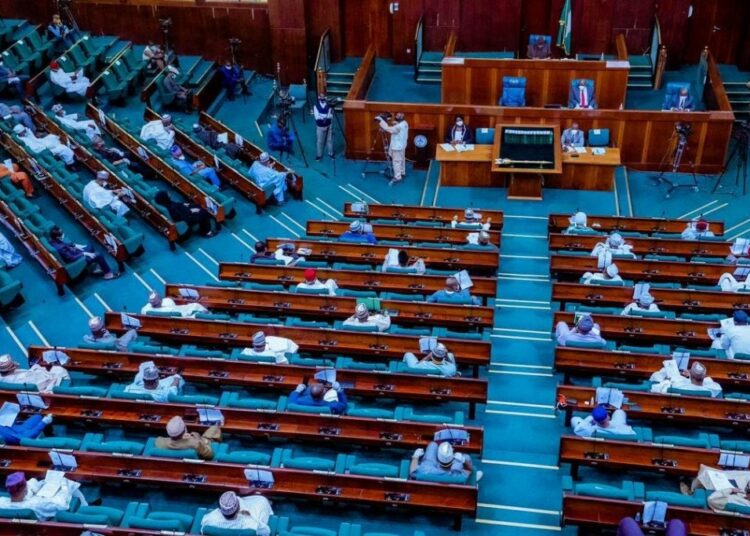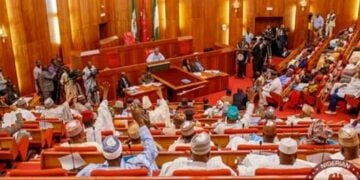Petroquip Nigeria Limited, a prominent indigenous oil and gas services company, has formally petitioned the House of Representatives, urging lawmakers to intervene in a long-running financial dispute with multinational contractor, Saipem Contracting Nigeria Limited.
In a statement on Thursday, Petroquip’s Managing Director, Mr Ipalley Lawson, called on the House to convene a public hearing and direct Saipem to pay a $3.5 million debt, alongside accrued interest.
He also urged Parliament to investigate the apparent inaction of the Economic and Financial Crimes Commission (EFCC) despite past findings and arrests linked to the matter.
“This is not merely a contractual dispute—it is a grave injustice against a Nigerian enterprise,” Lawson said.
“We trust the House will uphold the rule of law and ensure accountability.”
The petition, submitted to the House Committee on Public Petitions, includes a detailed record of events, legal filings, contracts, and EFCC documentation. Petroquip says it is prepared to provide oral testimony before the committee.
According to the company, the dispute stems from a 2008 subcontract secured from Saipem, valued at approximately $18 million. The deal involved dredging and trenching operations for pipeline installation near Bonny Island.
Petroquip claims it fulfilled its contractual obligations—including mobilising manpower and equipment and obtaining bank loans—but Saipem allegedly defaulted on payments totalling $3.5 million.
Petroquip states that the non-payment triggered enforcement actions by the Asset Management Corporation of Nigeria (AMCON), led to the company’s insolvency, and caused widespread job losses.
In presenting the petition to lawmakers, Mr Lawson accused Saipem of financial exploitation and disregard for Nigerian laws.
The petition also alleges unethical behaviour by Saipem’s former subcontract manager, Mr Alessandro D’Agati. D‘Agati reportedly demanded $400,000 in unofficial payments and threatened contract termination if the demand was not met.
Petroquip’s refusal to comply, it said, led to an abrupt termination of the contract.
A 2012 EFCC investigation reportedly confirmed Saipem’s liability, resulting in the arrest of some company executives.
However, Petroquip alleges that the anti-graft agency has since stalled further proceedings, citing extended legal reviews.
“Saipem continues to operate in Nigeria with impunity, despite overwhelming evidence of misconduct,” the petition concludes, urging Parliament to establish safeguards that will protect indigenous firms from foreign exploitation.





